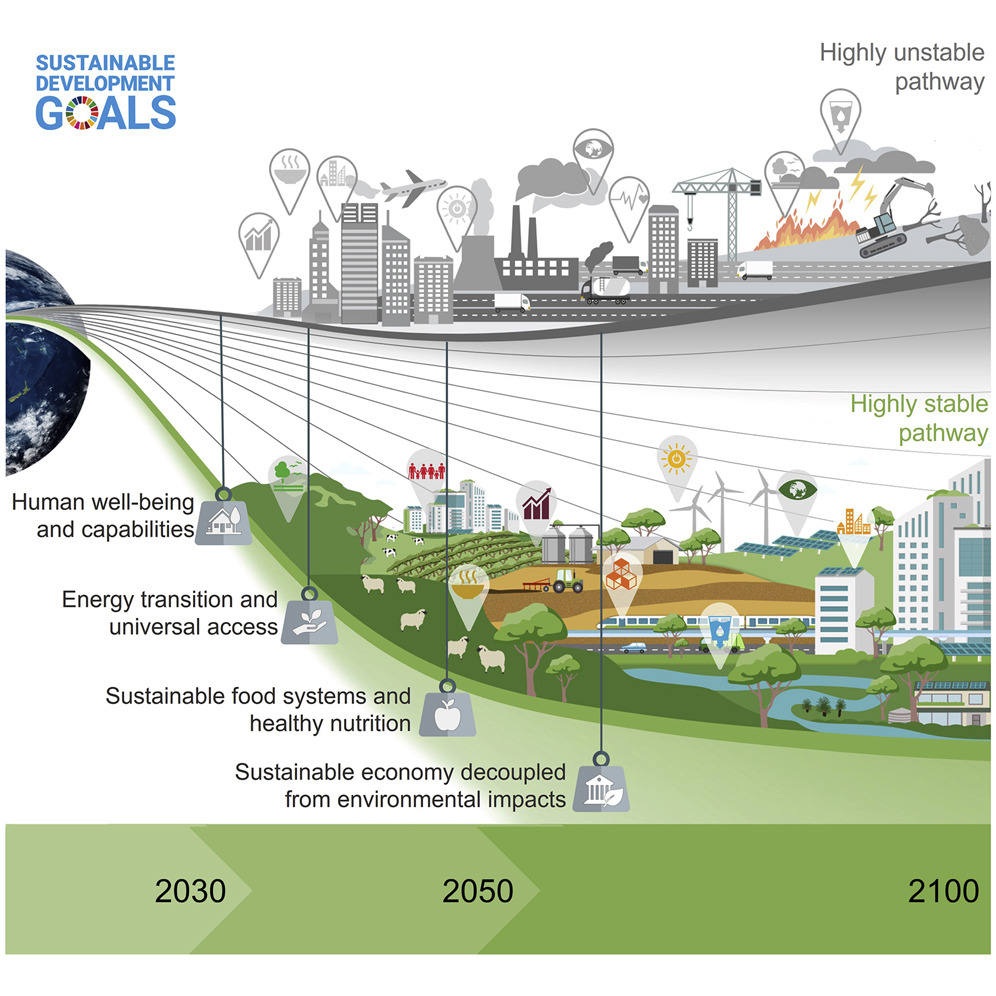Elsevier,
Current Developments in Nutrition, Volume 6, Issue 9, September 2022, nzac124
Addressing poverty as a core aim of the intervention approach galvanized strong multisectoral buy-in across these projects, as poverty is a common challenge among the populations targeted by all rural institutions. Regular information sharing through workshops and other meetings provided opportunities for cross-sector interactions which resulted in mutual learning and an appreciation for multisectoral engagement.
Elsevier
A Comment on dementia and Alzheimer's disease costs, in the context of SDG 3, focusing specifically on the costs of care in Europe.
Dementia is a syndrome characterized by progressive cognitive and functional impairment, most commonly caused by Alzheimer's disease and other neurodegenerative and cerebrovascular disorders. Costs of care increase dramatically with progressing disease severity, and increasing dementia prevalence due to ageing populations is raising concerns about the sustainability of future costs of dementia care. A new study shows that social welfare systems in Europe cover most of the direct costs of dementia, however they do not protect families and households against the burden of informal care. Meier and colleagues1 set out to calculate the economic costs of dementia in 11 European countries, by combining microdata from a population-based survey with estimates of dementia prevalence. Data for Austria, Belgium, Czechia, Denmark, Estonia, France, Germany, Italy, Slovenia, Spain, and Sweden was obtained from six waves of the Survey of Health, Ageing, and Retirement in Europe (SHARE). The survey captured out-of-pocket expenditures for health and social care as well as unpaid informal care. Costs attributable to dementia were estimated using linear regression, controlling for comorbidities and demographic factors. Finally, costs were combined with prevalence estimates to calculate the annual cost of dementia by country.
Elsevier,
Current Developments in Nutrition, Volume 6, 1 July 2022
The Growing Resilience action-research project as detailed in this paper, aims to help support the health and food sovereignty of Wind River Indian Reservation (WRIR) communities by providing families with information for monitoring their individual health and by supporting families in improving their health by growing home food gardens.
Elsevier,
Current Developments in Nutrition, Volume 6, 1 July 2022
The results of this study show that children of the USAP region as a whole would benefit from an increase in their overall intake of fruit and vegetables and developing strategies to promote a greater frequency of consumption of all F&Vs, in particular traditional fruits and vegetables prepared by traditional practices, should benefit the health of people in the Pacific.
Elsevier,
Current Developments in Nutrition, Volume 6, Issue 9, September 2022, nzac121
Understanding the complexity in which Farmer-Based Organizations' (FBO) participation, empowerment, nutritional status, and food security are linked is critical in designing interventions that promote gender equality and improved nutrition.

